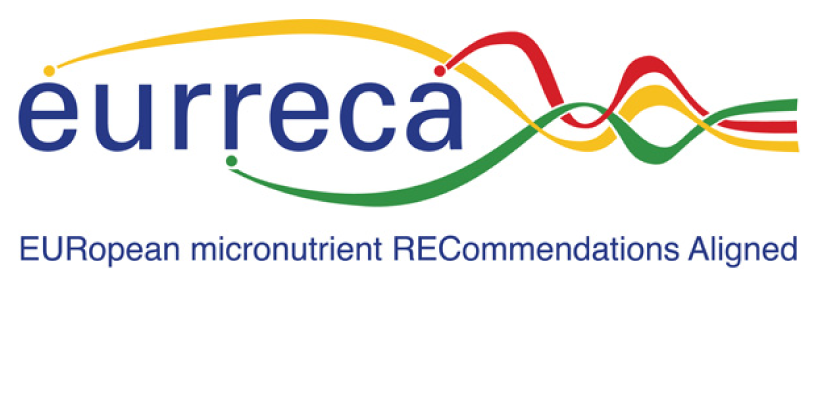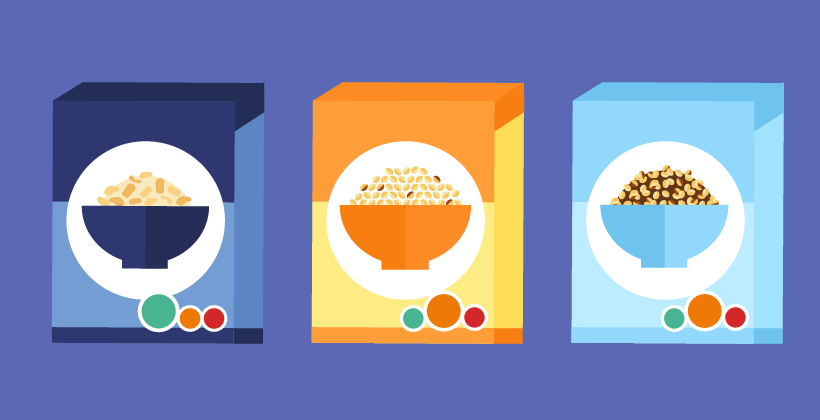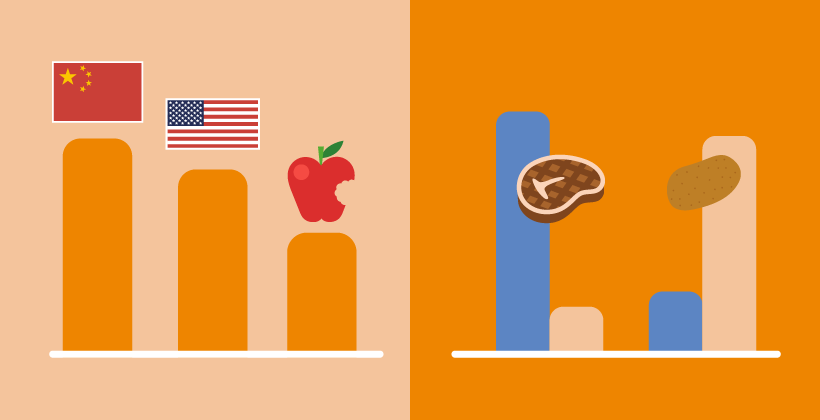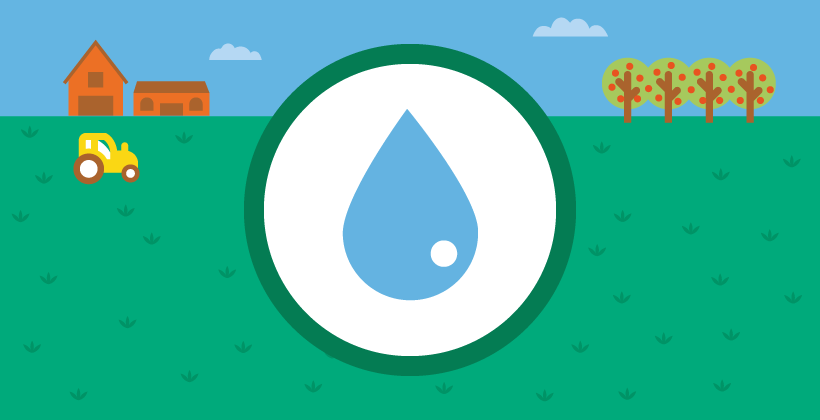Polyphenols
Last Updated : 02 June 2015Diets high in fruits and vegetables are associated with a lower risk of diseases such as cardiovascular disease (CVD) and cancer. It is thought that dietary compounds including polyphenols present in plant foods contribute to their protective effect. However, due to the fact that polyphenols are not an absolute requirement in our diet, and that their health benefits in humans are still debated, there is currently no official dietary recommendation for polyphenol intake.
What are polyphenols?
Polyphenols are naturally present in plants. Unlike vitamins and minerals, polyphenols are not essential nutrients meaning that they are not required by the human body for sustaining life but they can exert beneficial functions. Fruits and vegetables are sources of polyphenols. Other sources include nuts and seeds, herbs, cocoa products (e.g. dark chocolate), wholegrain products, tea and coffee, and red wine.1 Polyphenols have been recognised for their antioxidant properties and as they are the most widespread substances with antioxidant potential in our diet, their biological activities are being investigated by many researchers.
The antioxident hypothesis
Dietary antioxidants can protect the body from oxidative damage that over time may lead to the development of diseases such as cancer or CVD. Typical dietary antioxidants are vitamin C, vitamin E, and carotenoids, while minerals such as zinc or selenium are key components of antioxidant enzymes in the body.2,3 However, high doses of antioxidants in the form of vitamin and mineral supplements do not seem to lower the risk of CVD and cancer further.2
The antioxidant effect of polyphenols has mainly been studied in vitro, i.e. outside of the human body. Besides, proving that polyphenols also act as antioxidants in the human body is not an easy task as polyphenols undergo changes when they are ingested.3,4
Polyphenols and health
Much of the evidence that supports a protective effect of polyphenols on CVD, cancer and neurodegenerative diseases comes from in vitro studies using human cell cultures and animal studies. However, it is difficult to establish their biological relevance and how they impact on human health. The doses tested are often much higher than the quantities eaten in an individual’s diet. After ingestion, polyphenols are metabolised and therefore may not be present in the body in the forms they were tested in in vitro studies. Moreover, their presence in the body fluids (plasma) is often extremely low.4,5
It is thought that polyphenols may exert a cardio protective effect via several pathways. They may improve functioning of the inner lining of blood vessels, inhibit platelet aggregation (preventing blood clots in the arteries), and positively influence blood lipids and insulin sensitivity.4,6
The evidence from human studies to date is more limited, and it is therefore difficult to draw firm conclusions. Furthermore, many of the studies investigating the effect of polyphenols on health outcomes use polyphenol-rich foods rather than isolated polyphenols. Therefore, it is difficult to assign any effects found specifically to polyphenols; the effects could be a consequence of other components of the foods.4
To date the European Food Safety Authority, which is scientifically assessing health claims made on food products, has rejected all claims on polyphenols except for olive oil. Olive oil (that contains at least 5 mg of hydroxytyrosol – a polyphenol - and its derivatives per 20 g of olive oil) can state that “olive oil polyphenols contribute to the protection of blood lipids from oxidative stress”. The beneficial effect is obtained with a daily intake of 20 g of olive oil.7
Conclusion
Plant foods and a plant-based rich diet have a proven protective effect on CVD, cancer and other diseases and therefore are a crucial component of a healthy and balanced diet. Many European countries recommend adults and children ≥ 1 year to consume at least 5 portions of fruits and vegetables, and to consume wholegrain foods every day. Studying and isolating the effects of polyphenols is not as easy task, and more research is needed.
References
- Del Rio D, et al. (2013). Dietary (poly)phenolics in human health: structures, bioavailability, and evidence of protective effects against chronic diseases. Antioxidants and Redox Signaling 18:1818-1892.
- Stanner S & Weichselbaum E (2013). Antioxidants (pp.88-99). In Caballero B (ed.) Encyclopedia of Human Nutrition. Vol. 1. 3rd edition. Doi: 10.1016/B978-0-12-375083-9.00013-1.
- Hollman PCH, et al. (2011). The biological relevance of direct antioxidant effects of polyphenols for cardiovascular health in humans is not established. Journal of Nutrition 141:989S-1009S.
- Weichselbaum E & Buttriss JL (2010). Polyphenols in the diet. Nutrition Bulletin 35:157-164.
- Hollman PCH (2010). The 4th International Conference on Polyphenols and Health. Nutrition Bulletin 35:183-185.
- Andriantsitohaina R, et al. (2012). Molecular mechanisms of the cardiovascular protective effects of polyphenols. British Journal of Nutrition 108:1532-1549.
- EU Register on nutrition and health claims







